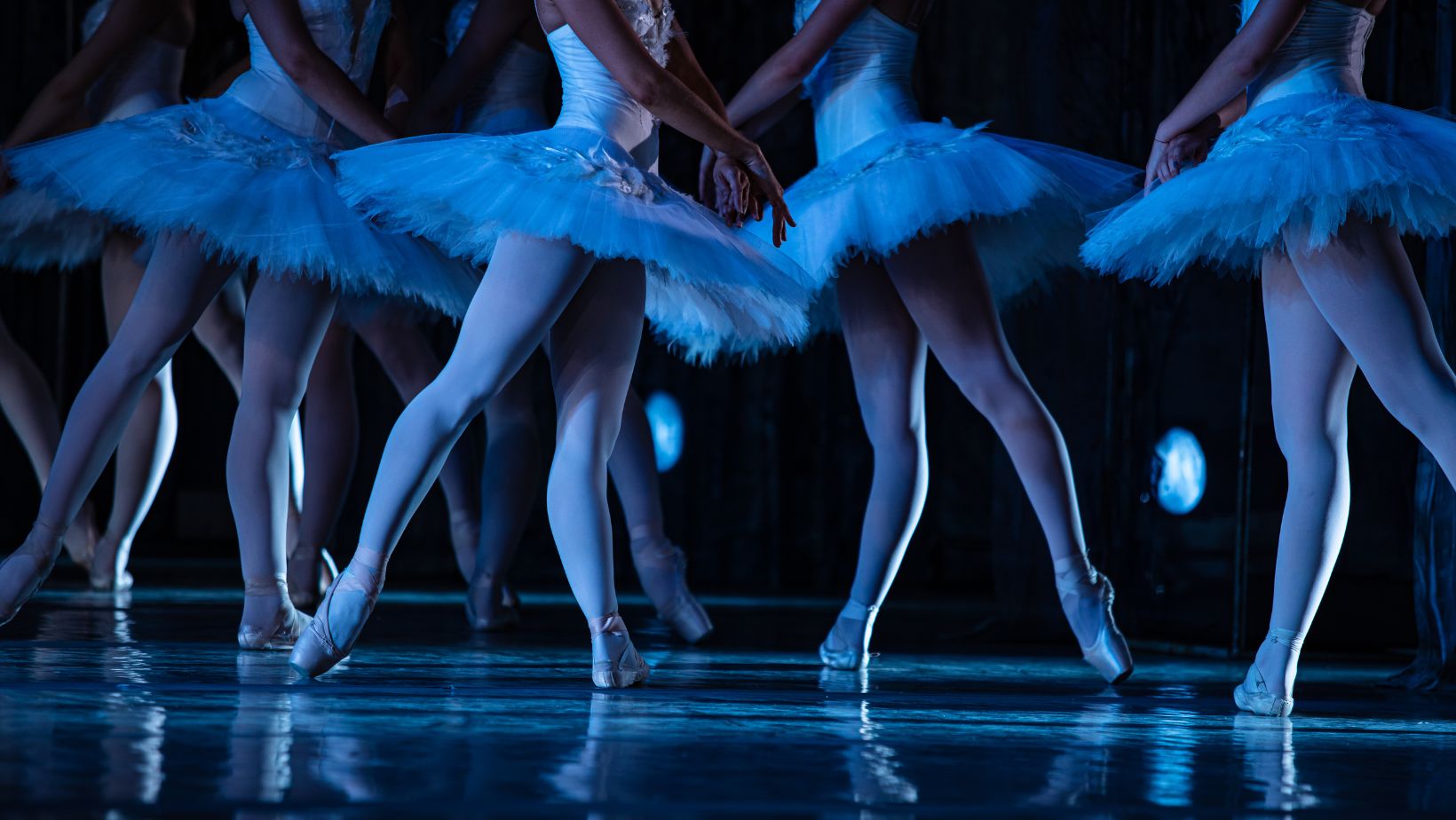Classical education is a lot like a formal dance or a called dance. There is an orderliness and purpose to its processes and educational goals all while cultivating in the scholar the joy and delight that comes from learning a thing together – finding the beat and mastering the individual steps with each practice developing a deeper understanding of the movements, form, and quality of the dance; the structure brings not only delight, but freedom.
Simple Gifts, the 19th century Shaker folk song by Joseph Brackett, was probably written as a community dance. Its recognizable tune made popular by Aaron Copland tells us if the steps have been properly ordered, the end becomes the beginning when we “come round right”, thus the dance may both end and start again – presumably the dancers follow all the instructions of the dance to the best of their ability, move in succession with one another, smile, and work up a sweat.
To be sure, there are steps to work out, awkward moments when dancers may have to embrace in some way, switch partners, and pressure to keep up with the movements to get to the end (beginning) again with each iteration an improvement on the one before. Once childish movements become mature movements and with maturity comes understanding, depth, and beauty.
Simplicity and freedom are gifts according to Brackett, but don’t be fooled – it is in the effort and mastery of the dance that the gifts are realized. Dancers spend countless hours honing their craft. The outcome looks effortless – almost like anyone could do it. This is the paradox of excellence. Even so in classical education. Simple takes leadership – commanding the room, developing pedagogical techniques that move a class to discovery without dogmatic rigor, but with precision and joy. Simple takes lesson planning – knowing what questions to ask, taking the time to let scholars answer them. Simple takes communicating complex ideas – breaking truths down so that each young heart and mind has the opportunity to grasp them. Simple takes reading whole books aloud – developing imagination, hearing rich language, engaging in quality stories for the story itself, discussing big ideas. Simple takes consistency and teamwork – integrating concepts from outside content silos open scholars to context and connection. Simple takes time and patience – ending and beginning again through the stages of development. And simple takes virtue –pursuing that which is Good, True, and Beautiful without elitism or pride of position.
When I reflect on CCA’s first year, I am grateful for the gifts of simplicity and freedom that the hard work of founding this school and finishing our first year strong produced, but the dance is not over, we prepare to start again – making improvements where we need to and strengthening those parts that went well. Our first graduating class enters high school in
August. The class of 2028 starts their high school ‘dance’, but this time the end will bring them to a beginning of another sort – a new dance all together. Graduates are both done and not done – they ‘come round right’ after putting forth the effort required “turn, turn” and “to bow and to bend.” It’s here where scholars receive that beautiful gift of simplicity and freedom for themselves.


